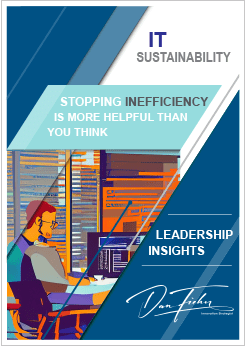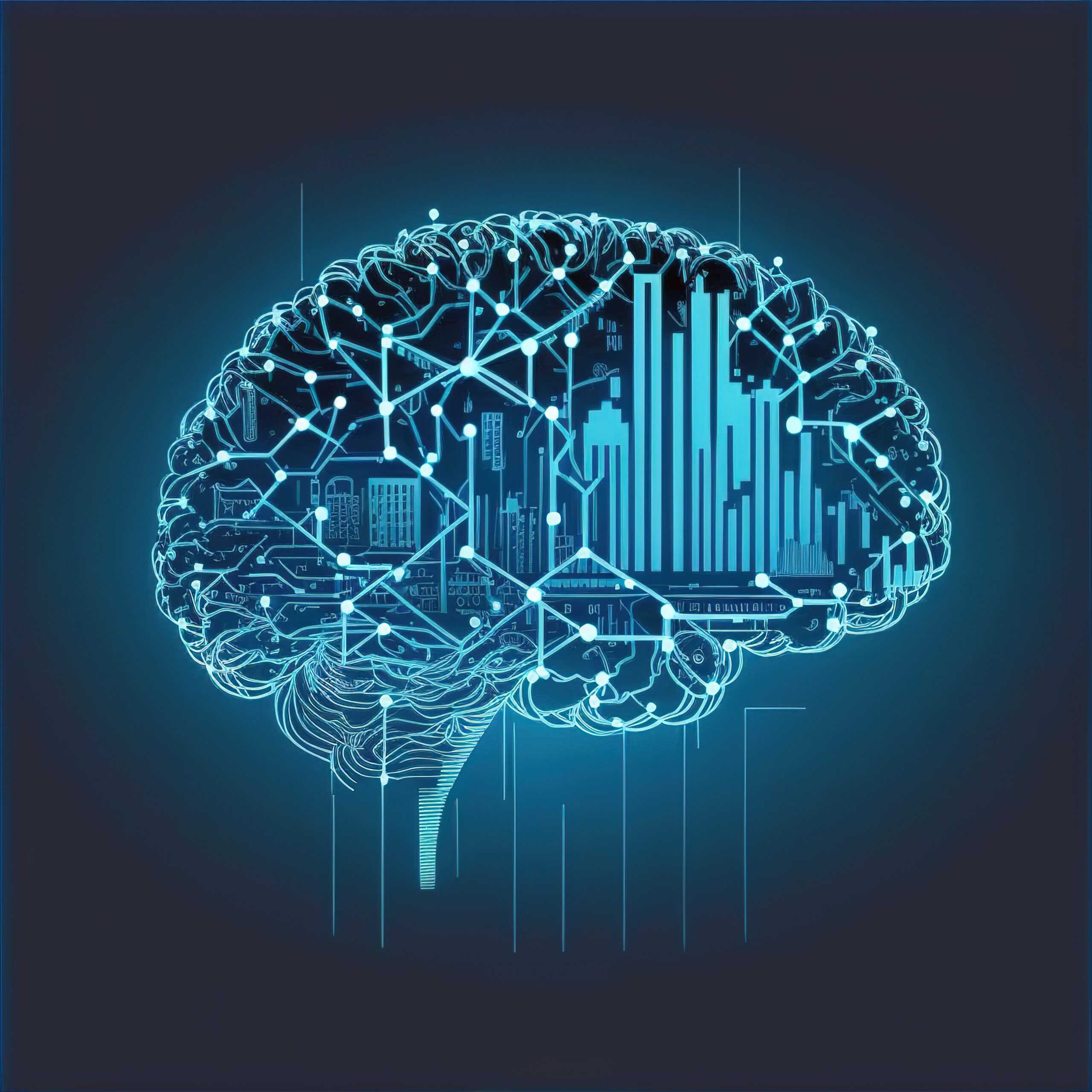Artificial intelligence news this month is dominated by the AI-powered search engine race.
ChatGPT has taken the world by storm!
This AI technology has sparked a tremendous wave of excitement and curiosity, demonstrated by exclamations from prominent industry leaders describing the revolutionary potential it holds.
This week, OpenAI made waves with a tool to detect AI-generated text. In doing so, they responded directly to the ethical implications of their platform – demonstrating awareness and an effort towards responsible technology. But does this go far enough?
See the feature article – this month’s AI News.
This Week’s Top Reads:
Can I Invest In OpenAI? Putting Artificial Intelligence In Your Portfolio
A stock like Microsoft, which invested in OpenAI, might be a good purchase if you want to indirectly expose your portfolio to this emerging technology.
Artificial intelligence (AI) is poised to change dozens of industries, including online written content, digital art and education. Many investors hope to expose their portfolios to companies involved in AI, reaping gains in the future as AI’s presence in our lives continues to grow.
With the buzz surrounding ChatGPT since its launch in November 2022, many people are curious about investing in Open AI, the company that released this ground-breaking chatbot. But can you invest in OpenAI? Here’s what investors need to know.
If you’re ready to use AI to invest in new technologies similar to ChatGPT, Q.ai’s Emerging Tech Kit is an excellent place to start. Download Q.ai here to get started.
Generative AI may only be a foreshock to AI singularity
Identifying the arrival of singularity is made more difficult because there is no widely accepted definition of what intelligence means.
Generative AI, which is based on Large Language Models (LLMs) and transformer neural networks, has certainly created a lot of buzz
Unlike hype cycles around new technologies such as the metaverse, crypto and Web3, generative AI tools such as Stable Diffusion and ChatGPT are poised to have tremendous, possibly revolutionary impacts. These tools are already disrupting multiple fields — including the film industry — and are a potential game-changer for enterprise software.
All of this has led Ben Thompson to declare in his Stratechery newsletter to declare generative AI advances as marking “a new epoch in technology.”
Explore 7 future potential quantum computing uses
Organizations stand to benefit from the compute power of quantum computing as it develops. The tech has potential uses in supply chains, financial modeling and other areas.
Organizations that use the power of quantum computing could help humanity solve some of the world’s biggest problems and make breakthroughs in critical areas, from drug research to global agricultural and beyond.
But how close are we to a future where quantum computing is mainstream, and how can data centers prepare for that future? Many of quantum computing’s uses are either experimental or hypothetical at the moment, as we’re still in the early stages of learning how to implement quantum computing on a mass scale, but as the technology develops, organizations should not ignore how they can use it.
10 core features of Web 3.0 technology
Web 3.0 promises to provide what Web 2.0 can’t: autonomy for content creators to monetize their own data through blockchain, decentralization, user data ownership and private keys.
Web 3.0 is a work in progress. The coming new iteration of the World Wide Web will be decentralized, with distributed control to provide greater autonomy for content creators.
Meanwhile, Web 2.0, the current generation of the internet, won’t go away any time soon. The transition will likely take place over the next 18 to 24 months. Exact contours of Web 3.0 are in flux, but proponents expect it to have these 10 core features.
Connecting data and technology to transform smart buildings
With AI, machine learning, and democratised data, we can begin to see changes in our buildings that will improve our future.
Every day, the buildings we shop in, work in, or socialise in make a difference in our lives.
It comes as no surprise that we spend 90% of our time indoors. However, the very foundation of how our buildings work is dependent on the safety, security, and well-being of those who use them.
Since the beginning of 2020, the way we use our offices has changed dramatically. We’ve become more adaptable, often only coming into the office when there’s a clear purpose and benefit to doing so. The building itself is not different; however, we must now develop the way our buildings operate to meet our new requirements. However, they are not performing as well as they should.
According to McKinsey Global Institute research, data and analytics could create value worth $9.5 trillion to $15.4 trillion per year if embedded at scale, demonstrating the true impact that silos are holding across industries. As a result, we must begin to value and comprehend our data. Only then will we be able to improve occupant safety and comfort while also saving money and meeting sustainability goals.
Top Stories: Google steps up AI activities; Microsoft unveils AI-powered Bing; US and EU to cooperate on AI; Microsoft invests more in ChatGPT owner; BuzzFeed soars on reports of plans to use OpenAI.
1. Google steps up AI activities
Google is launching an AI chatbot called Bard and increasing use of artificial intelligence in its search engine. It has also invested $300 million in AI start-up Anthropic, as it looks to secure a position at the forefront of generative AIfollowing the rapid rise of ChatGPT and talk of Microsoft preparing to reveal its own AI plans.
Bard is a conversational AI service that Google will initially make available to test users. Once it has received and acted on feedback, it will launch Bard publicly in the coming weeks, says Sundar Pichai, CEO of Google’s parent company Alphabet.
The AI features that Google is adding to its search engine will combine online material to answer complex queries, rather than sticking with its current approach of presenting text from a single source on the internet.
THE DIGITAL EYE
I hope these articles are valuable.
I am passionate about technology, and I want to share that passion with you. I believe that it’s essential for everyone to stay up-to-date on the latest trends, so I’ve set out to cover all aspects of the industry – from data analytics to blockchain and AI.
Please let me know if you want to see any other topics covered, and I would appreciate your help sharing this blog with others interested.



